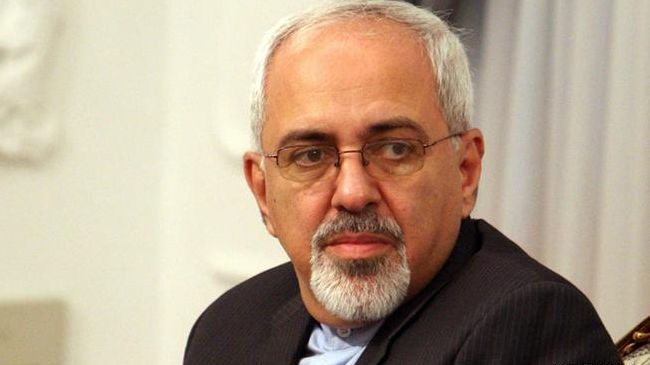December 27-2013

. . . ends complaints
After seven days of anti-American diatribes and accusations of evil-doing, the Islamic Republic ended its boycott of talks with the United States and resumed negotiations in Geneva. But the talks haven’t been completed and on Sunday everyone went home for the holidays.
The talks will not resume again until January, which may further delay the start of the clock on the six-month time frame of the November interim agreement.
The talks are by mid-level technicians from Iran and the Big Six who are trying to flesh out the details that were not covered in the four-page “Joint Plan of Action” signed last month by the foreign ministers.
The talks were under way when the United States announced it was blacklisting 18 people and entities for violating the sanctions that remain in place. That was December 11. Iran immediately told its team to leave Geneva and come home. Officials then launched a loud campaign accusing the United States of violating the November nuclear agreement.
After days of denigrating the Americans and accusing them of all sorts of wrongdoing, the attacks halted and Iran sent its negotiating team back to Geneva, where the talks resumed December 18.
The State Department explained that Washington wasn’t imposing “new sanctions” as Iran repeatedly said, but just enforcing the sanctions already in place. It also said that Iran had been told before the Joint Plan of Action was signed that the US would continue to enforce sanctions without change. The State Department appeared to assume that the rhetoric from Tehran was just an effort by the Rohani Administration to cover itself with the hardliners and didn’t complain.
The hardliners went through the motions of chanting against the Americans for several days. No one complained when the negotiating team was sent back to Geneva. If anyone really believed the Americans had truly violated the agreement, then they would have been insisting that Tehran break off the talks. No one in the establishment suggested that, indicating that everyone understood this was just a brief period for firing spitballs at the United States.
After all of Foreign Minister Mohammad-Javad Zarif’s weeklong complaints about the “new US sanctions,” he backed off the entire charge last Wednesday in an interview on state television. He said, “If we look realistically, there is no violation of the agreement because … these are sanctions in effect in the past and only new people are added.”
The working level talks resumed but seemed to bog down. Zarif said he called Catherine Ashton, the EU foreign policy chief, on Sunday to try to resolve the problems, which he did not describe.
His deputy, Abbas Araqchi, said the issue was “serious differences of opinion over the implementation of the deal.”
Citing only “diplomats,” Reuters reported that the remaining issues include how Western governments will ensure that banks understand what transactions are allowed when the plan takes effect and how and when Iran will get access to the $4.2 billion in frozen assets the plan turns over to Iran.
The negotiators include specialists in nuclear programs, banking, oil and transportation—all parts of the November deal that have to be fleshed out with lots of details.
Iran said the talks were suspended by mutual agreement Sunday for the Christmas and New Year holidays. No date for getting back together was announced.
Meanwhile, some Majlis deputies have decided to dip their oars in the troubled waters and stir things up. Several deputies spoke to the media about a bill they are working on that would require the government to enrich uranium to 60 percent. Iran has not yet ever enriched beyond 20 percent and the outside world is generally unhappy at any enrichment beyond 5 percent.
Enrichment to 60 percent would put Iran right on the cusp of weapons-grade material. There is no way the United States would ever agree to enrichment at such a level.
The argument is that Iran needs 60 percent enrichment uranium to fuel the engines for nuclear-powered ships. Of course, Iran has no nuclear-powered ships and no capability to build any at the moment. But that didn’t stop the calls for Iran to enrich to 60 percent.
In other developments:
The state news agency quoted former President Ali-Akbar Hashemi-Rafsanjani as saying the United States had told Iran’s foreign minister it would “remunerate” Iran for the damage done when Washington broke its pledge not to enact new sanctions.
The agreement signed in Geneva is officially called the “Joint Action Plan” in the agreement, but since that produces an unfortunate acronym, everyone has started calling the agreement the Joint Plan of Action.
Judiciary Chairman Sadeq Larijani responded sharply when he heard that US officials were saying the plan only bars new sanctions related to nuclear activities and not any new sanctions related to Iran’s human rights, terrorism, Syrian or other actions. Larijani said that was an interpretation that would not be accepted by any intelligent person. He said US persistence in that view would render the agreement null and avoid. However, the Joint Plan of Action states in at least four places that the agreement refers only to sanctions “related to Iran’s nuclear program.” Most US sanctions are nuclear-related, but not all.
